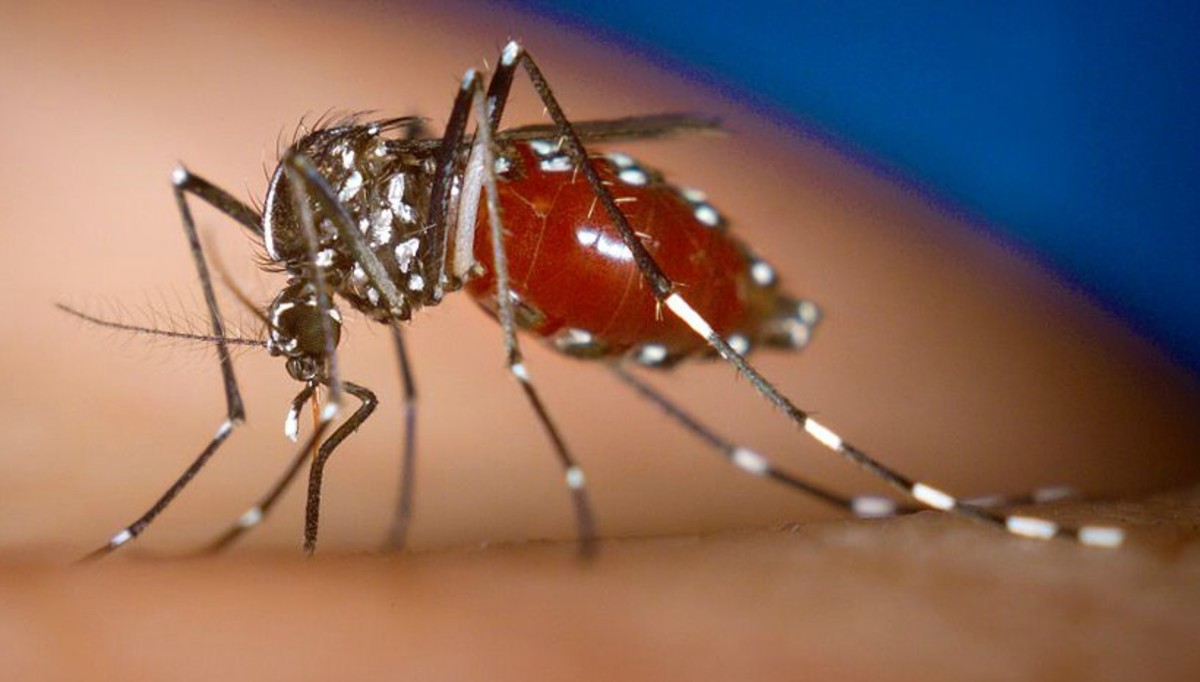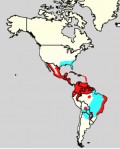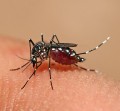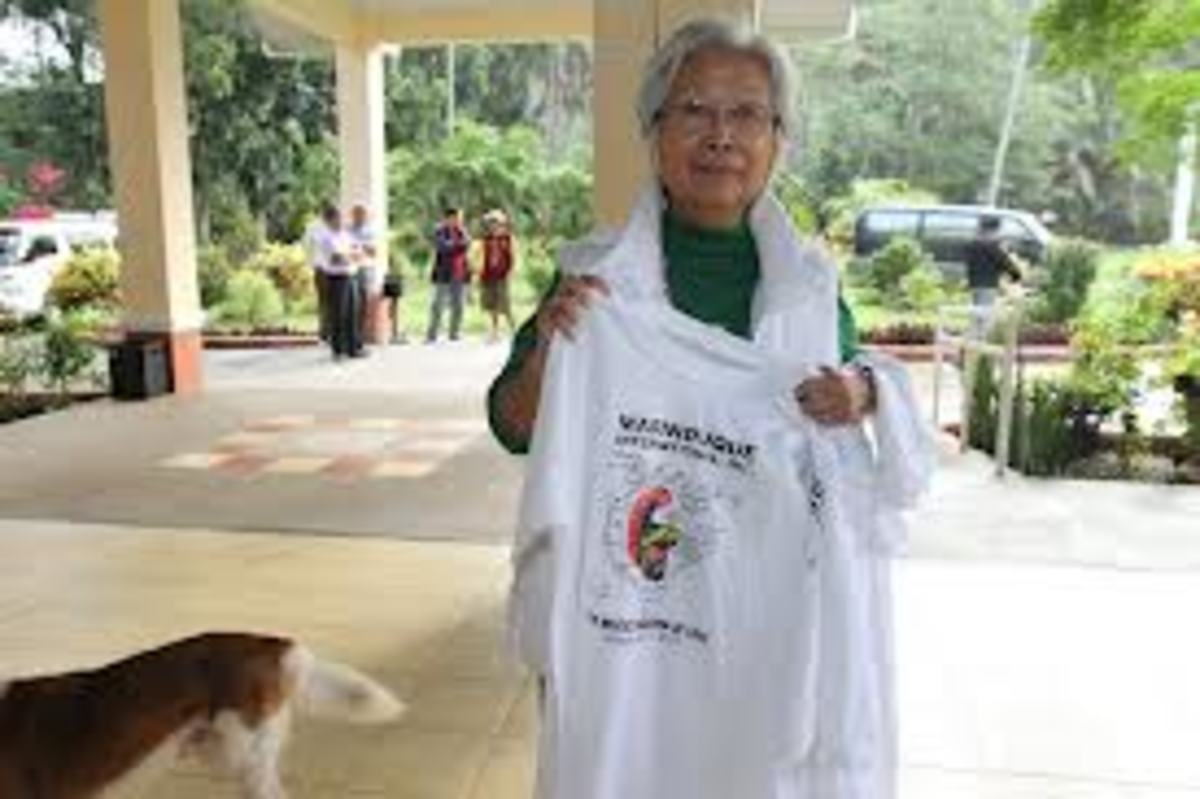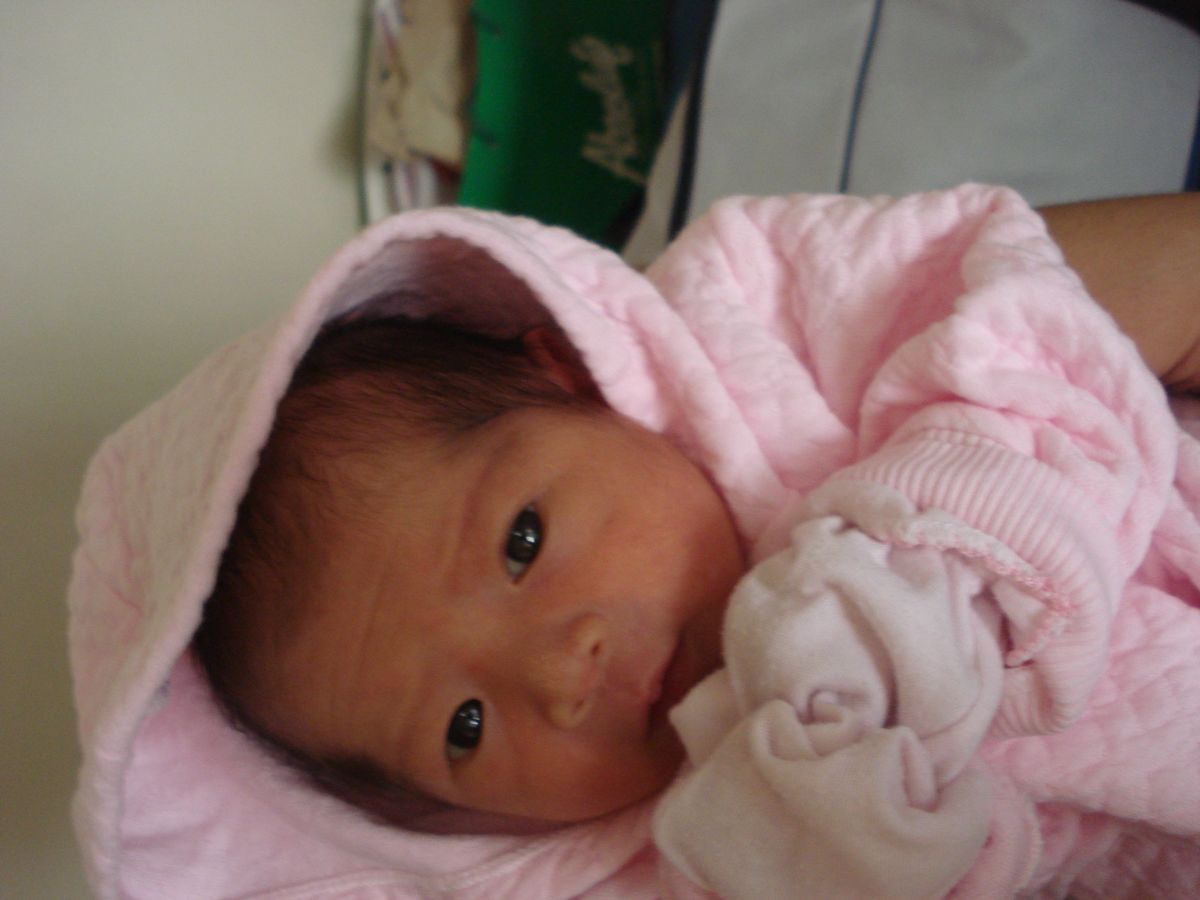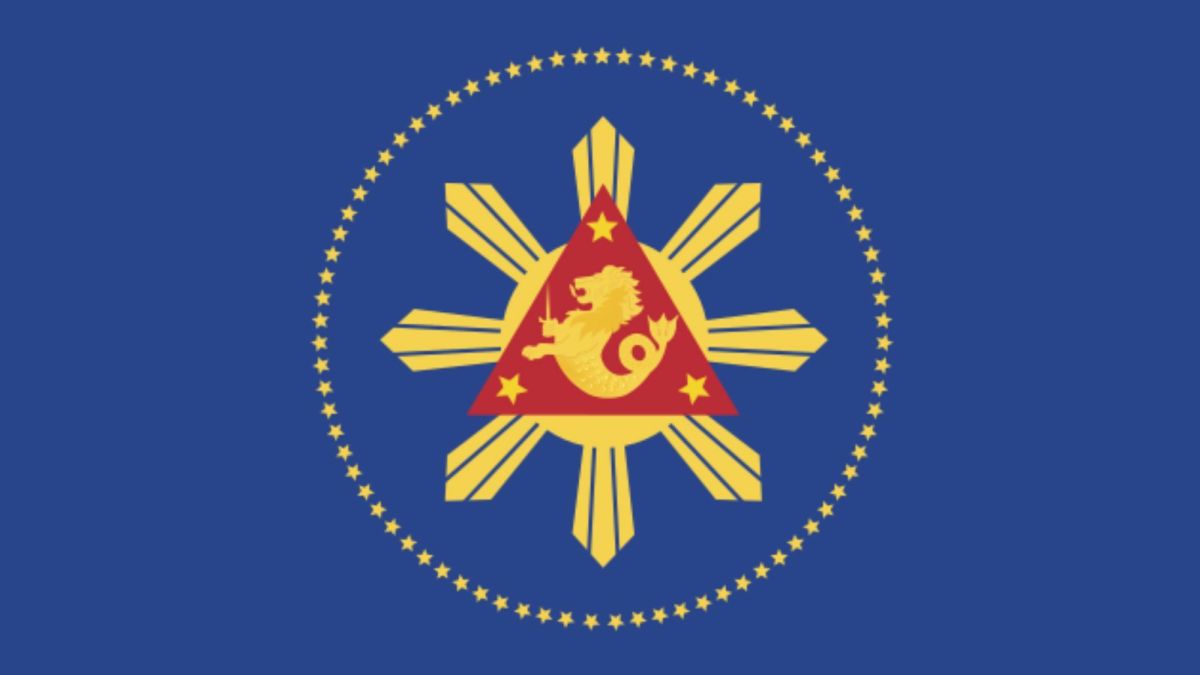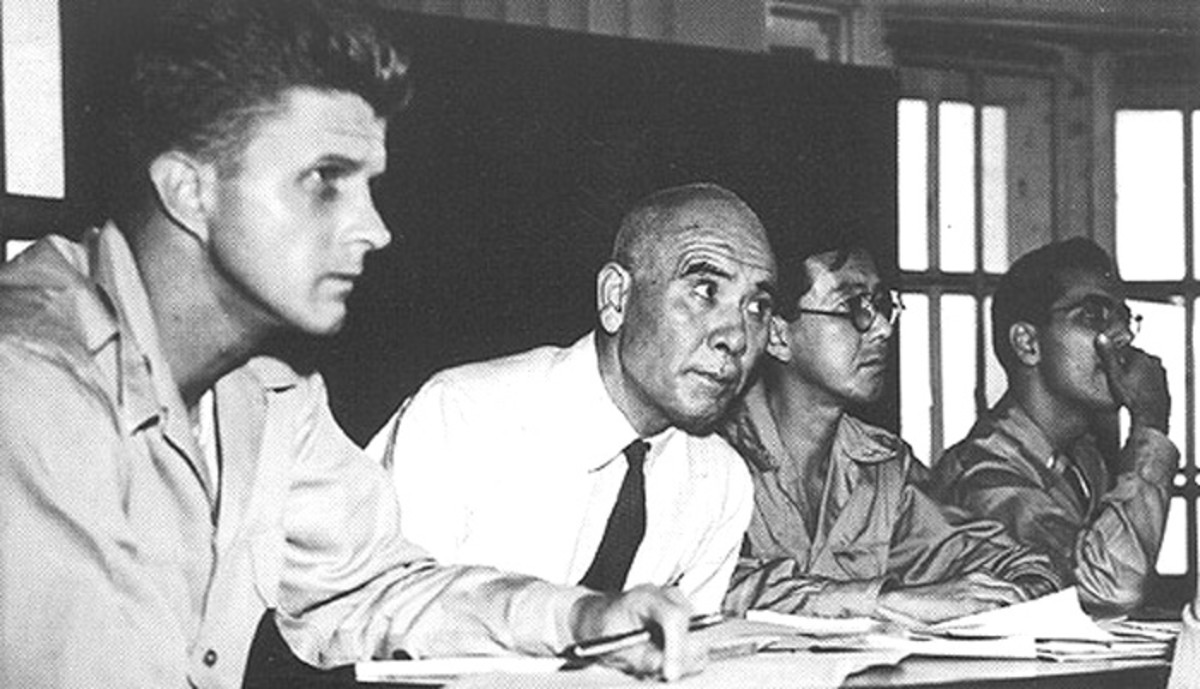Dengvaxia: The Controversial Vaccine
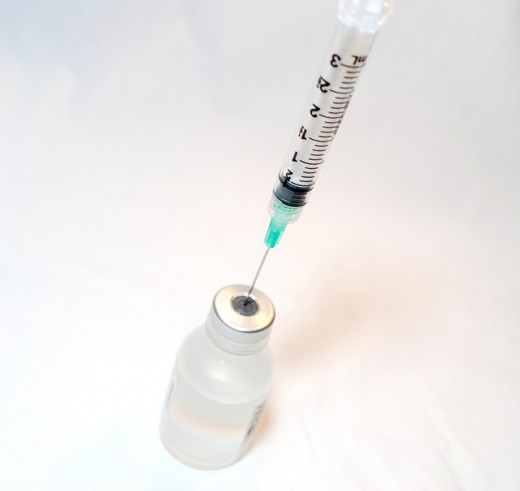
Vaccines are given to make us immune to infectious diseases that can have serious effects on our physical health. Vaccines are mostly administered to children starting at birth. So when we decided to have our children immunized, it is because we don’t want them to get infected in the future. We want them to be protected from diseases. And when that vaccine didn’t work but have put their health into serious risks instead, it would make us angry, disappointed, hurt, and would even demand justice.
Finally, an Anti-Dengue Vaccine
Dengue vaccine is a vaccine administered to protect us from dengue fever. It is a possible option to prevent dengue in countries where it is common, like the Philippines. Dengue fever is caused by dengue virus. It is a viral infection transmitted by mosquitoes and causes severe flu-like illness. When not treated immediately, it may lead to severe dengue, a potentially lethal complication. In the Philippines, hundreds are hospitalized each year because of dengue fever. Three years ago in the children’s home I worked at, we rushed two teenagers to the hospital because they were experiencing dengue symptoms. One of them was rushed to the intensive care unit because of possible myocarditis. Thankfully, the prompt action helped saved his life. I was, at that time, overwhelmed by the number of children being treated at the hospital because of dengue.
The solution to prevent people from having dengue was finally in the form of a vaccine, Dengvaxia. This dengue vaccine which was introduced in 2015 in the Philippines was produced by pharmaceutical giant Sanofi Pasteur and sold under the brand name Dengvaxia. Dengvaxia vaccine, the world’s first anti-dengue vaccine, is created to protect hundreds to thousands of school children from dengue. This vaccine is used in children at 0, 6, and 12 months of age. It is also approved for use for those aged 9 and older. It will be administered to them in 3 doses, which would be given every six months. Dengvaxia was approved in Philippines, including Mexico and Brazil, in 2015. During that time when the Dengvaxia controversy began, Mr. Benigno Aquino Jr. was still the president.
In December 2015, the Philippines approved the use of Dengvaxia, which made it the first vaccine to be licensed in Asia for the supposed-to-be prevention of dengue. The Philippines’ Budget Department purchased the vaccines without approval from the Formulary Executive Council. The department has issued a whooping P3.5 billion budget for the program.

The Launching of Dengvaxia
Some Philippines government officials were so eager to prevent the dengue fever and were in a hurry to put Dengvaxia into use. Nothing is wrong with the dengue prevention but what would be the real motive behind it? Prior to launching the program, the World Health Organization has issued a warning that the vaccine Dengvaxia “may be ineffective or may even increase that risk in those who are seronegative at the time of first vaccination,” which meant that people who have not yet dengue may increase the risk of having dengue.
Despite the warning, Dengvaxia was prematurely launched nationwide in April 4, 2016, under the massive immunization program of the Department of Health, where Janette Garin was secretary. There were already 489,003 pupils injected with Dengvaxia as of July 2016. These pupils are yet to take the second and third doses. Garin and the others involved in this controversy might have the best interest of the Filipino people, and might have wanted to spare them from contracting dengue. But they should have waited until health experts give the go signal but they continued with the program anyway even if there were researches showing that the use of Dengvaxia poses a risk of severe dengue in those who do not have past dengue infections.
The Outcome: Was it a Success or a Failure?
The World Health Organization issued a warning again saying that Dengvaxia may be ineffective and increase the future risk of hospitalization or severe dengue illness in those people who have not yet had dengue. This time, the program was temporarily suspended but continued after 2 months under Dr Paulyn Ubial, now DOH chief under President Rodrigo Duterte. More than a year after the program started, Sanofi Pasteur has issued a warning against its own vaccine. Following this announcement, the program was again temporarily suspended. These people can’t seem to make up their mind.
There were children who already suffered and died because of Dengvaxia use. They died of dengue even after receiving a shot of Dengvaxia. Dengvaxia has failed in some children. Officials who were hungry of money, and were driven by corruption were to be blamed of this fiasco. As Health Secretary Duque III said, these officials “could have waited” for the clinical trials to be completed before they launched the program. Now, children’s health and lives were in danger and some already died because of complications. It was not the corrupt officials and those others involved who suffered; it was the children who willingly received the vaccine hoping that they would be safe from dengue.
By December 2017, more than 800,000 children were already administered Dengvaxia. About 70,000 of them have not had dengue yet.
The Controversy Continues
As the senate investigates the Dengvaxia issue, the people involved keep on pointing fingers to one another. The blame goes from one official to another. Could it be the former President Aquino’s fault? Or the former Health Secretary Garin’s? Or Sanofi Pasteur’s? Can corruption be the reason?
In January this year, a former DOH official claimed 19 officials, including former Health Secretary Garin, allegedly benefited from the purchase of Dengvaxia. These people who were supposed to help protect the citizens’ welfare, especially the children, are the ones to be blamed for the hasty use of Dengvaxia. There were already 26 deaths associated with Dengvaxia, and there might be more. While it might have helped prevent dengue in others who are healthy and without existing health conditions, it seemed Dengvaxia have aggravated what existing illness the victims had causing them to succumbed within 30 days after receiving the vaccine. This month of March, not only children, but there were also about 61 policemen reported who fell ill after being administered Dengvaxia. Will the number of those who suffered rise because of this vaccine? Will there still be others who will die because of it?
As the investigating groups of officials are busy making themselves a laughing stock, people have lost their trust in them, namely the Department of Health, and have now become doubtful and scared to receive immunizations. I would be, too, if the government won't do something to reverse the disastrous effect. While experts have yet to establish clear evidence that Dengvaxia caused the deaths of several children, it is clear that the prevention of dengue became a nightmare to several parents whose children died because of Dengvaxia use.

